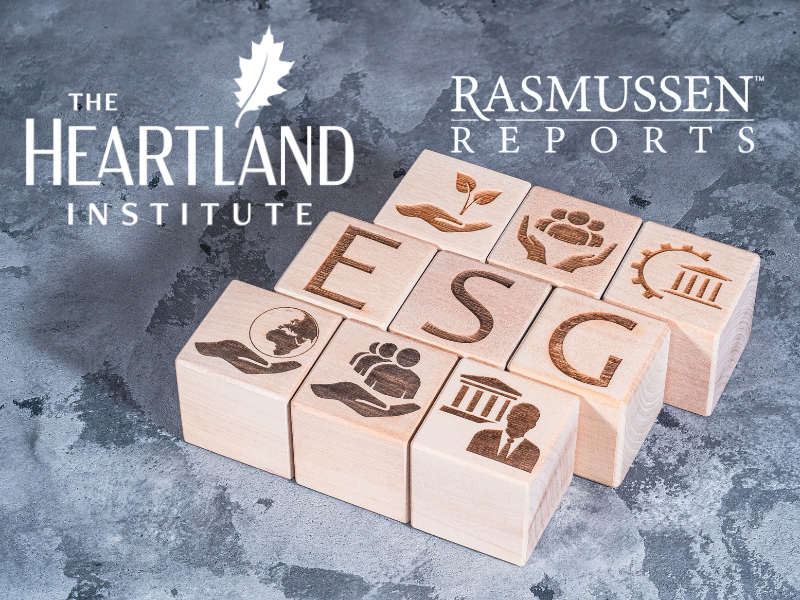The regulation of online gaming, including popular games such as poker, has reached a crossroads with the recent crackdown on poker Web sites in the United States. On April 15, under the Unlawful Internet Gambling Enforcement Act (UIGEA), the Federal Bureau of Investigation froze the domain names and bank accounts of the nation’s three largest poker Web sites.
The UIGEA, which took effect in June 2010, is designed to combat online gambling by preventing fund transfers among credit card companies, banks, and online gaming sites running “unlawful Internet gambling.” It requires financial service providers to enforce the law by blocking transactions from gambling Web sites.
Supporters of the UIGEA say Internet gaming increases the chance of underage gambling and allows gambling addicts a greater opportunity to feed their habit and exacerbate problem and pathological gambling.
Opponents of the UIGEA say that instead of banning online gaming, legislators should support efforts to license and regulate it. This would allow consumers who choose to gamble to do so in an environment where regulators can monitor how the games are played and financed.
The following documents examine online gaming, the history of online gaming regulation, and the effectiveness of online gaming bans and the UIGEA.
Prohibition Reincarnated? The Uncertain Future of Online Gambling Following the Unlawful Internet Gambling Enforcement Act of 2006
http://www.firepolicy-news.org/article/29832
This paper by Michael D. Schmitt examines the social, legal, and economic ramifications of
the UIGEA and analyzes the future prospects of online gaming in light of the act.
FBI Busts Three Biggest Online Poker Houses
http://content.usatoday.com/communities/gameon/post/2011/04/fbi-cracks-down-on-3-biggest-online-poker-houses-poker-stars-full-tilt-poker-absolute-poker/1
This USA Today article describes the FBI’s bust of the three biggest online poker sites—PokerStars, Full Tilt Poker, and Absolute Poker—and the allegations of bank fraud, money laundering, and illegal gambling offenses against the companies.
Fold on Feds’ Online Gambling Crackdown
http://www.frumforum.com/time-to-fold-feds-online-gambling-crackdown
This article by Eli Lehrer of The Heartland Institute argues that the government’s crackdown on Internet gambling is misguided, hurting players who broke no laws while distracting investigators from more important matters.
Online Gambling: Today’s Possibilities and Tomorrow’s Opportunities
http://www.firepolicy-news.org/article/29833
This paper studies the characteristics of gamblers in traditional casinos and determines what percentage of them also gamble online.
Online Poker: Federal Crackdown Is a Bad Bet
http://articles.latimes.com/2011/apr/20/opinion/la-ed-poker-20110420
This editorial from the Los Angeles Times points out inconsistencies in Internet gambling regulations and calls for a legalized, regulated industry.
The Unlawful Internet Gambling Enforcement Act of 2006: Marketing and Regulatory Implications
http://www.firepolicy-news.org/article/29834
This paper from Heiko de B. Wijnholds and Michael W. Little of Virginia Commonwealth University addresses legal, marketing, and regulatory issues relating to the UIGEA.
Reconsidering Regulation: A Historical View of the Legality of Internet Poker and Discussion of the Internet Gambling Ban of 2006
http://www.firepolicy-news.org/article/29835
This paper by Christopher Grohman argues that the hastily passed UIGEA contained many loopholes and vague definitions that have created confusion and done more harm than good.
America’s Bad Bet: How the Unlawful Internet Gambling Enforcement Act of 2006 Will Hurt the House
http://www.firepolicy-news.org/article/29836
This paper argues that the UIGEA hurts U.S. interests and should be repealed and replaced by laws that monitor and regulate Internet gambling.
American Entrepreneurs and Internet Gambling: Are the Odds Stacked Against Them?
http://www.firepolicy-news.org/article/29837
This document explores the history of Internet gambling, legislative attempts by Congress to curb it, and the character of the Internet gambling market today under UIGEA.



